By Leif Laufeyjarsen
Alex Crofoot, the owner of Bloodroot, an herb shop in Ypsilanti, originally hails from New York, where she learned herbalism from her grandmother. She is passionate about staying connected to her community and supporting reproductive health.
How did you come across the name “Bloodroot”? Isn’t it a bit spooky?
Although it sounds spooky because it has “blood” in it, Bloodroot is actually my favorite spring ephemeral flower that is native to Michigan and parts of the Northeast. It has these beautiful leaves that are deeply veined and curl around themselves before opening to display a beautiful white flower. The funny part is that I have never harvested or used this plant medicinally. It is an at-risk plant, pollinated by ants, and needs shady woods to survive, so I leave it alone. I find the medicine of this plant to simply be its beauty and the fact that it exists. Every spring, I go to my known patches, sit, watch, and wait for the flower to bloom. It’s a good reminder that we don’t need to take or harvest everything for medicine. We can simply enjoy a plant’s presence, and its beauty can be its own medicine.
How did your experiences with your southern great-grandmother shape your views on herbalism and reproductive care?
My great-grandmother, Leedona, was one of my favorite people. I feel really honored that I had a great-grandmother who lived until I was a teenager. Going to her house in the country as a child was a highlight. Her gardens and fresh food are a fond memory. Her mother was a midwife to the Chestnut Ridge people, a marginalized community in West Virginia. Doctors wouldn’t provide them care, so her mother helped them deliver their babies and provided care. My great-grandmother would go with her to help, and of course, plants were being used at that time as pharmaceuticals were just developing. There is increasing and renewed recognition of Indigenous and ancestral healing practices, and community herbalists can play a vital role in uplifting their voices.
I don’t remember a lot of the details, but I remember the stories being told in the background when I was around, and I was intrigued—something inside of me lit up. My great-grandmother was a huge influence, mostly because I think we are all made up of different parts of our ancestors. I come from a strong line of women.
What does practicing herbalism as radical care mean to you? I’m sure many of us would benefit from a definition of “radical care.”
When I think about caring for others in my community, I think about safety and sovereignty from hierarchical structures that cause power imbalances and leave people disempowered. I think about love and creating powerful acts of kindness that challenge systemic inequalities and create collective well-being. With rising healthcare costs and limited access to conventional medical services in many regions, community herbalists can serve as first-line wellness providers offering affordable and culturally relevant care.
Radical care recognizes that traditional models of care, like charity-based structures, reinforce power imbalances. Radical care emphasizes mutual aid, solidarity (not charity), and shared responsibility within communities. We try to go beyond individual acts of kindness and create interconnection—holding space for others and being grounded in our communities. Care, like love, is not just a feeling: it is an action, a process, a practice, and an impact.
Radical care is not a one-time good deed or social service; it focuses on collective action and providing support that actively challenges existing institutions and power structures that continue to breed inequality.
How do you envision the role of community herbalists evolving in the next few years, particularly in the context of healthcare accessibility and inclusivity?
Community herbalists are poised to become even more vital in fostering health sovereignty, increasing healthcare accessibility, and ensuring that traditional plant medicine remains a sustainable and inclusive resource for all. Their role will likely expand from individual practice to broader community-based wellness initiatives, education, and advocacy. Herbal medicine can complement conventional treatments, especially in underserved or rural areas where medical facilities are scarce. There is a growing movement toward integrative healthcare, where herbalists work alongside doctors, naturopaths, and nutritionists to provide holistic care.
As herbal medicine gains popularity, community herbalists will need to promote ethical wildcrafting, regenerative farming, and sustainable sourcing to prevent over harvesting and environmental degradation. Localized herbalism—growing and using regionally appropriate plants—will become increasingly important to reduce reliance on mass-market herbal products. Bioregional herbalism is using plants that grow in our backyards.
You have worked with a few very different communities in the past. What do you see as your “community,” and what impact would you like to have on it?
This is an interesting question because I, like I’m sure everyone else, struggle with feeling a sense of belonging or even questioning what community is—or if I have one.
But yeah, I am involved in a lot of different communities. I was an organic herb farmer in Dexter, Michigan for seven years and owned Black Locust Gardens, so I am (or was) part of the farming community in Washtenaw County. We were the first and only large-scale herb growers in Michigan until recently—now there is Golden Hour Herb Farm (yay!). I still have people come into the store and tell me about the plants they bought from our farm and how they are thriving. I love thinking about the thousands of native and medicinal plant starts we sold and how they are still growing, providing medicine and beauty to their ecosystems.
In the spring, the shop still sells organic medicinal and native plant starts from Black Locust Gardens.
I am also part of the herbalist community in this area. Myself, Jim McDonald, Anna Ferendez, and others started the Great Lakes Herb Faire 11 years ago, which is a yearly weekend-long learning event in Chelsea, Michigan. I started the Community Care Camper, a free mobile herb clinic that provided care to the unhoused community in the area. Now, we provide free clinics here at the shop, along with mutual aid events.
I continue to provide accessible care through my one-on-one herbal consultations, classes, and the products sold at the store. I try to make people feel empowered around plants and herbs—I don’t want it to feel intimidating. One of my mottos is, “You don’t need a degree to help others; we are all capable of doing that.”
I am also part of the Ypsilanti small business community, the doula community, the radical reproductive care community, and others.
The only impact I hope to have is to mentor others who want to provide care through herbalism—whether that’s through education, apprentice opportunities, starting an herb school, teaching folks how to grow, harvest, and make their own home apothecaries, or simply continuing to be kind and aligned with my values in the world.
Alex Crofoot teaches classes and hosts free events, such as a monthly Death Café, specialized herbal classes, and pagan celebrations. You can visit her at her shop, at 208 West Michigan Avenue where she has been since 2023 or find out more online at bloodrootherbshop.com.
Related Articles:



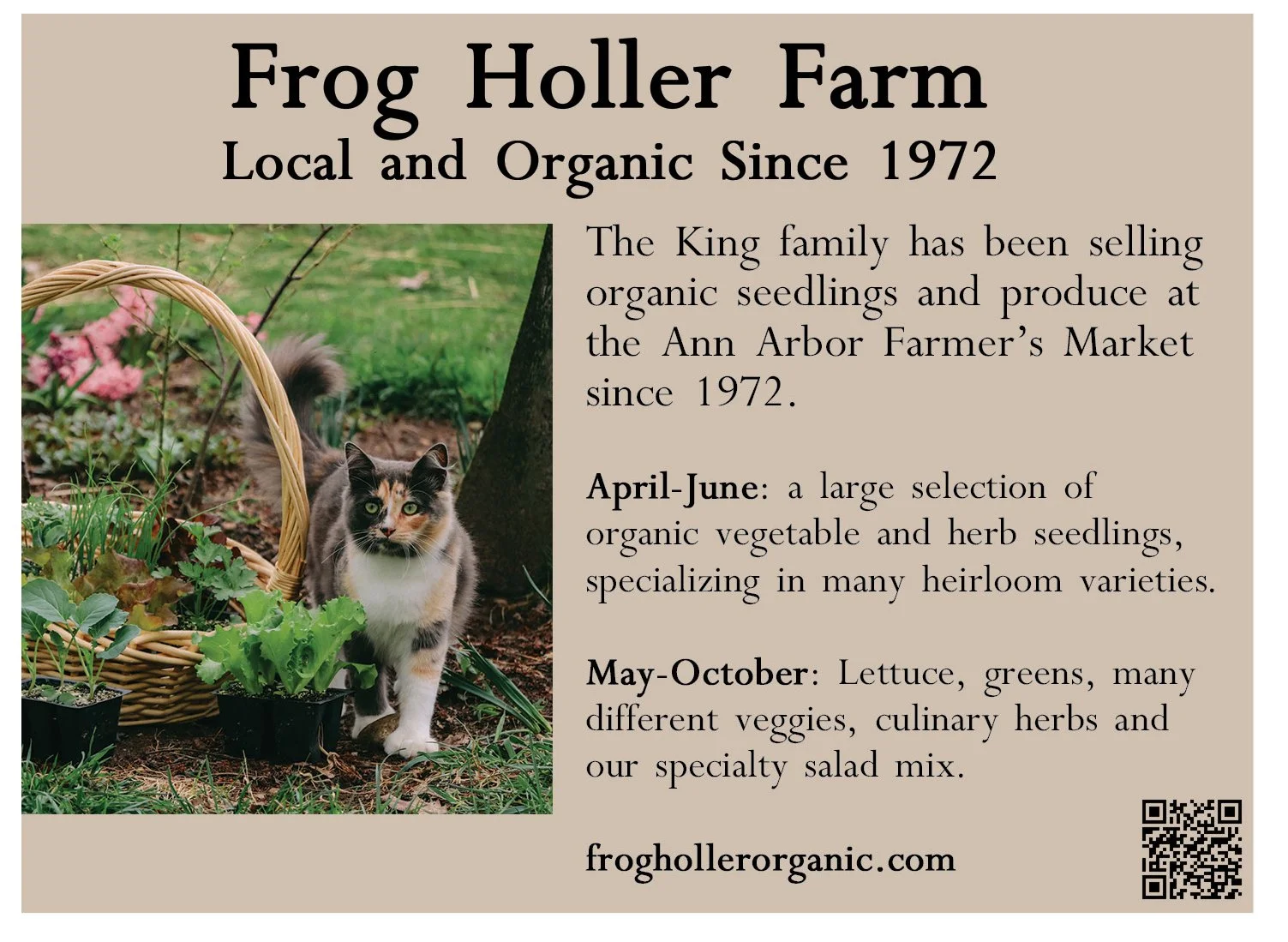





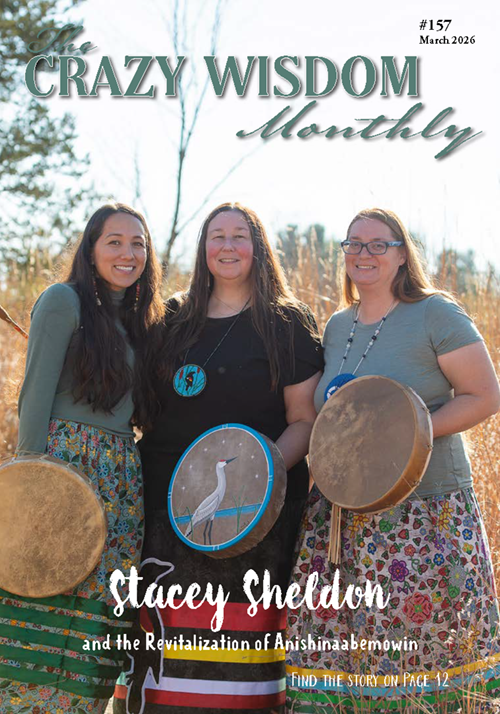



















































































































































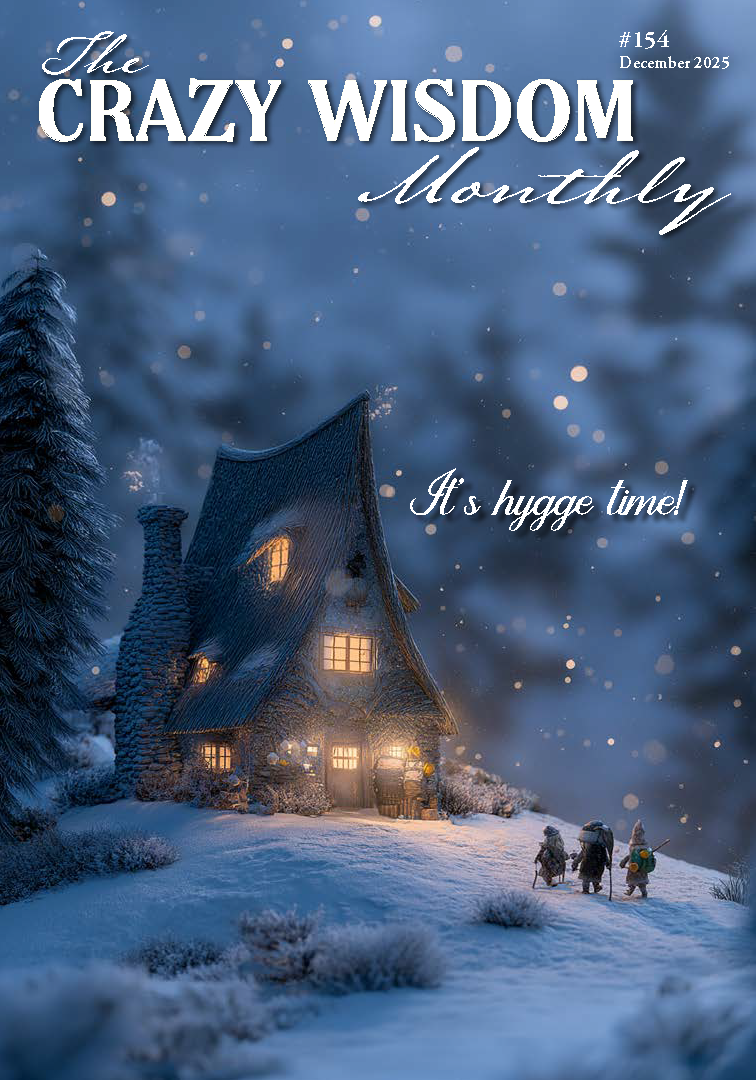
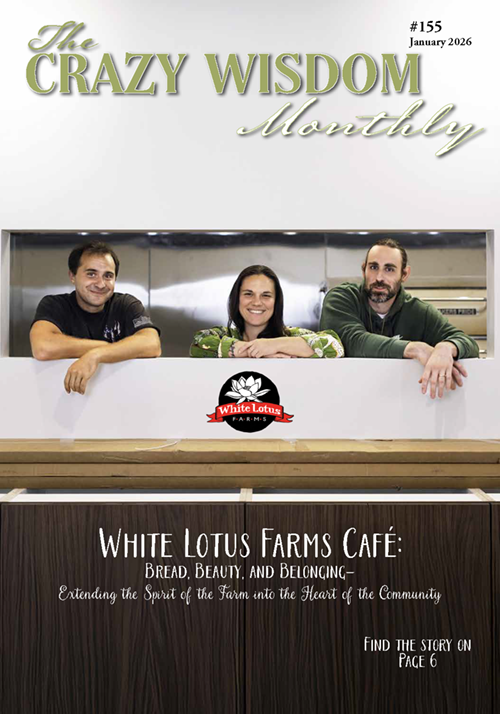
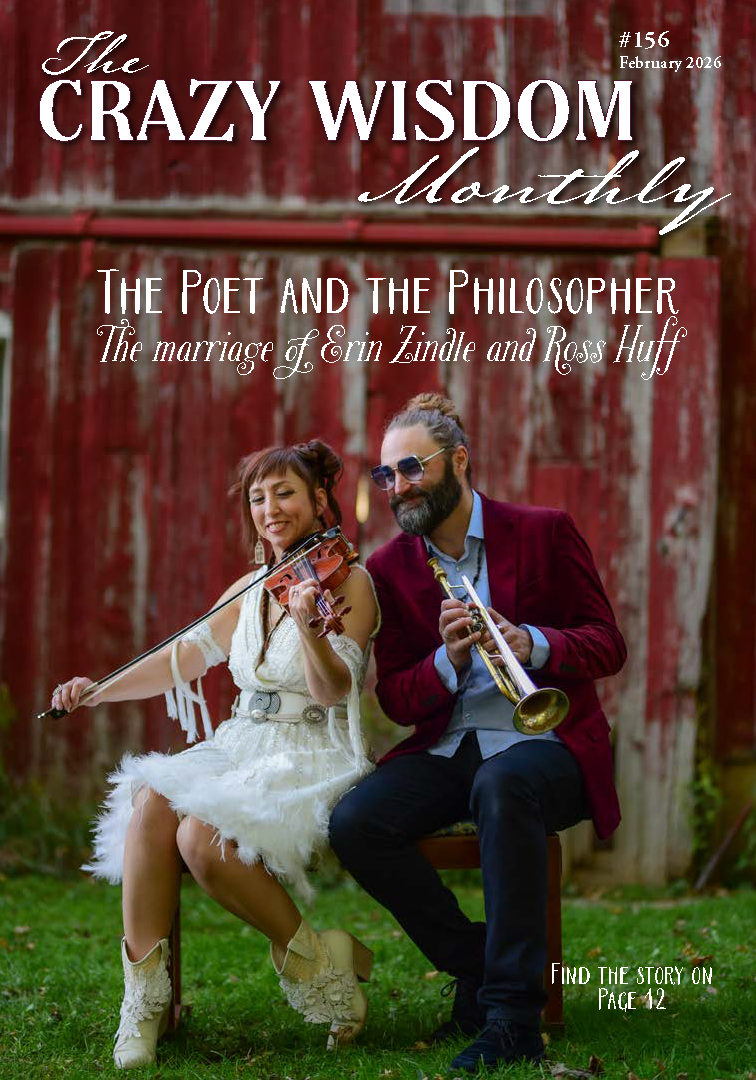









































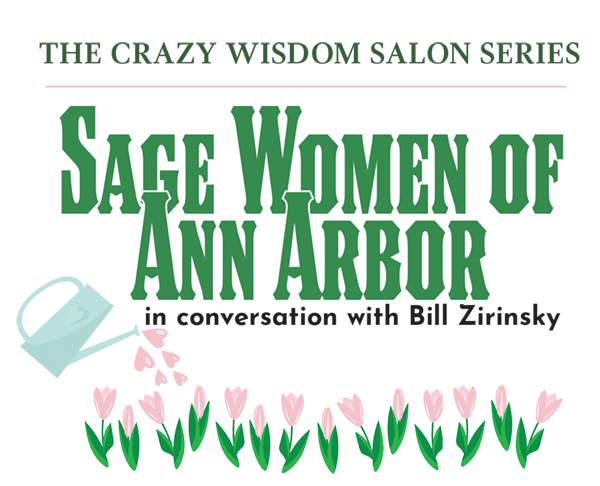

mcdonald lives in White Lake, with his wife, Stephanie, their three kids, a dog, many cats, and two ferrets. Stephanie is deeply involved in running the business and website, and they “keep doing a little bit better every year.” mcdonald is a very winning fellow – chatty, engaging, tangential, lively, casual. He is a man who has developed a deep love for plants, and it shows. “Plants are awesome,” he says. They are an “intermediary” between nature and humanity.